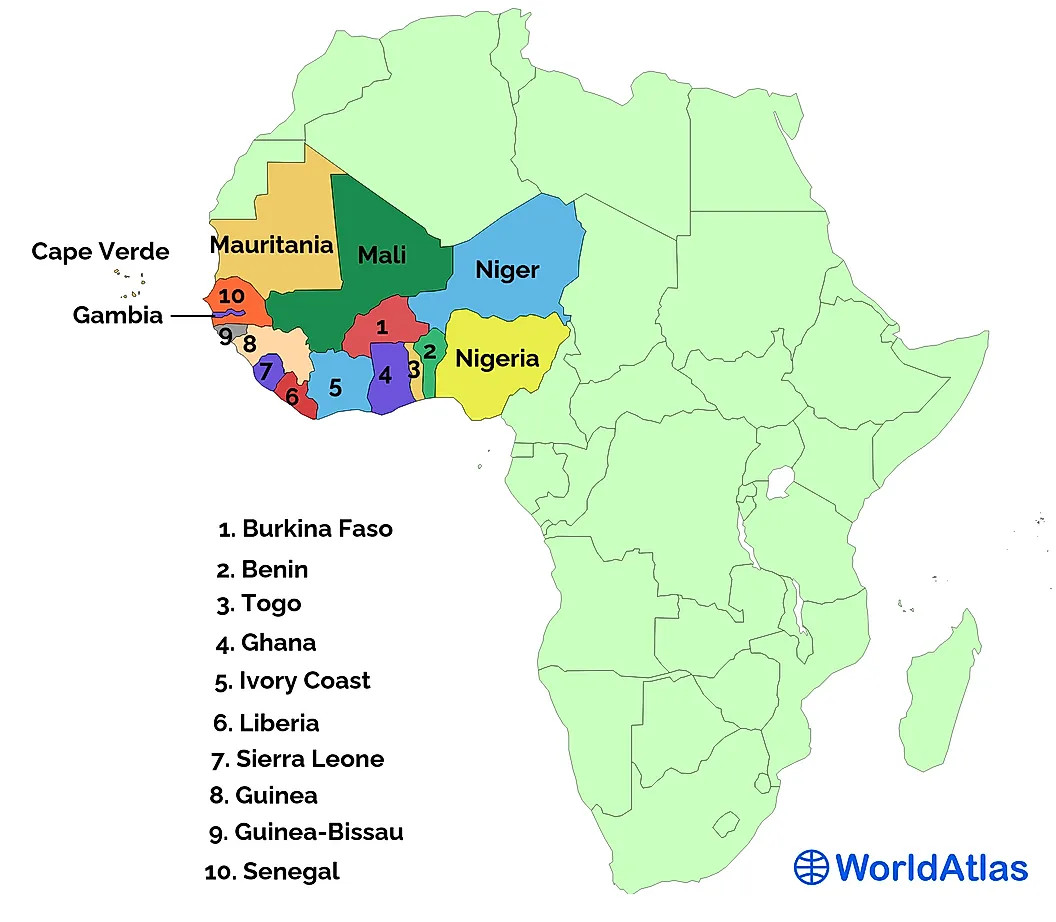
As Ivory coast edges closer to a pivotal presidential election, and the Economic Community of West African States (ECOWAS) undergoes a leadership transition, West Africa finds itself navigating a complex political and security crossroads.
In Abidjan, Ivorian President Alassane Ouattara has reignited political speculation after signaling he may yet run for a controversial fourth term in the October 2025 elections.
Addressing thousands of fervent supporters at the Alassane Ouattara Olympic Stadium on June 22, the president remained coy: “I will make a decision in the coming days, after careful consideration, in my soul and conscience,” he said.
While Ouattara agreed to continue as president of the ruling Rally of Houphouëtists for Democracy and Peace (RHDP), his hesitance to officially declare a candidacy has stirred intense debate.
Fraternité Matin reported on his implicit nod to extending his tenure, a move drawing both praise from loyalists and concern from opponents wary of political fatigue.
Meanwhile, the regional political landscape also shifted as Sierra Leone’s President Julius Maada Bio was named the new chair of ECOWAS during the 67th Ordinary Summit in Abuja.
He takes over from Nigerian President Bola Ahmed Tinubu, who used his final address to urge fellow leaders to operationalize the ECOWAS Standby Force amid rising jihadist threats.
“The ECOWAS Standby Force must move from concept to operational reality now,” Tinubu declared, according to Punch.
However, unity within ECOWAS is under strain. The summit took place without Mali, Burkina Faso, and Niger—countries that withdrew from the bloc earlier this year to form the Alliance of Sahel States (AES).
Tinubu extended an olive branch, urging the trio to return in the name of “unity, solidarity, and a shared vision,” as Le Soleil noted during the 50th anniversary of the organization.
While ECOWAS seeks cohesion, Benue State in Nigeria is mourning after a massacre in Yelwata claimed over 200 lives.
Premium Times called on President Tinubu to bolster local security forces in a scathing editorial, underscoring the persistent fragility in the region.
In Bamako, defense ministers from Mali, Niger, and Burkina Faso convened under the AES banner.
According to Maliweb, they reaffirmed plans for enhanced security coordination and began laying groundwork for a future confederal force to combat regional insurgencies.
Elsewhere, domestic developments added to the week’s turbulent news. In Togo, Republic of Togo reported that presidential approval is now required for any official overseas travel.
And in Benin, La Nation highlighted a public outcry by Vodun practitioners in Cotonou, demanding respect for their faith following remarks perceived as defamatory.
As political ambition, regional alliances, and security dilemmas collide, West Africa faces a defining moment.
Whether it will emerge more unified or further fragmented may depend on the decisions made in the coming months by leaders navigating an increasingly volatile landscape.



